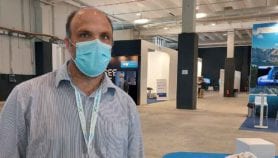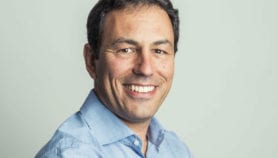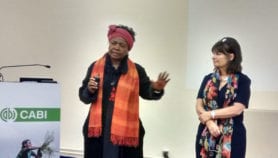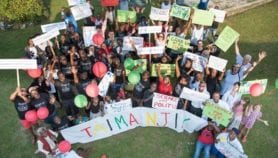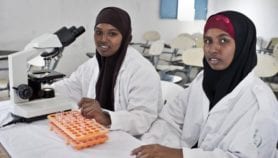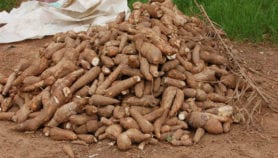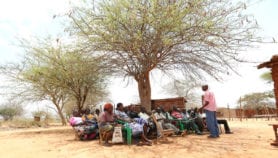By: Ehsan Masood
Send to a friend
The details you provide on this page will not be used to send unsolicited email, and will not be sold to a 3rd party. See privacy policy.
The World Science Forum ended in Budapest last week with the formation of a new international network for young scientists.
The World Academy of Young Scientists (WAYS) will act as a bridge between younger researchers from both developed and developing countries, says Marta Maczel, head of the WAYS secretariat in Budapest. A second objective will be to increase its members’ influence in national and international science policy making.
Serge Sawadogo, a WAYS founder member from Burkina Faso, says he hopes the organisation will find practical ways to encourage younger researchers from developing countries not to join the brain drain — something he was unable to resist.
“I am doing research in malaria, a disease that ravages my country,” he said. “There are no facilities in Burkina Faso to study immunogenetics, so I conduct my research in France.”
The idea of an academy for younger scientists came out of the 1999 World Conference on Science, which was also held in Budapest. Partly as a consequence, WAYS is being funded by UNESCO, the Hungarian government and the Hungarian Academy of Sciences.
Maczel says that the academy is also keen that its members make their mark in policy making circles — though not at the expense of a career in research. “We would like to influence science policy; but not by leaving science,” she says. “People who leave tend to lose contact with the concerns of scientists.”
Membership of WAYS is open to researchers and students aged between 15 and 40 from the natural and social sciences as well as the humanities. There is no charge for candidates from developing countries. WAYS will hold its founding general assembly in Tunisia in late 2004.
For more information, email [email protected].
More on Networks

Script media release
Journalists offered ‘big break’ mentoring opportunity from Radio Nigeria
03/04/19



